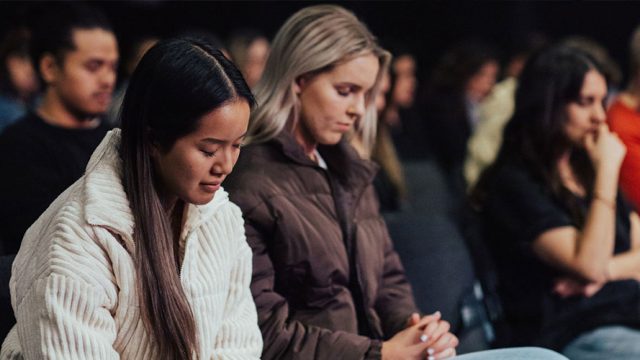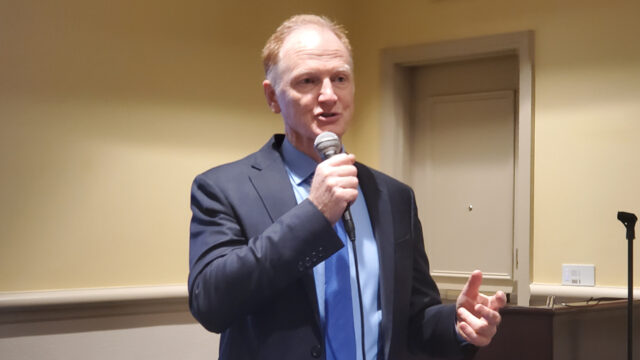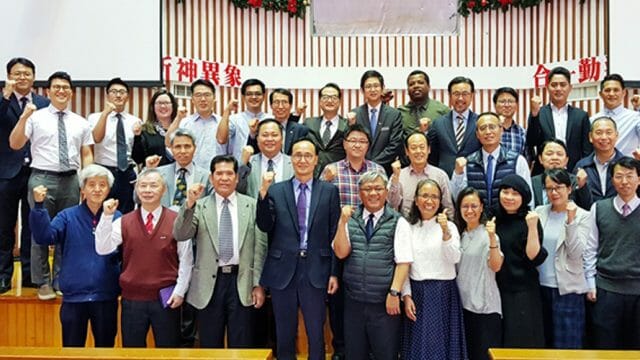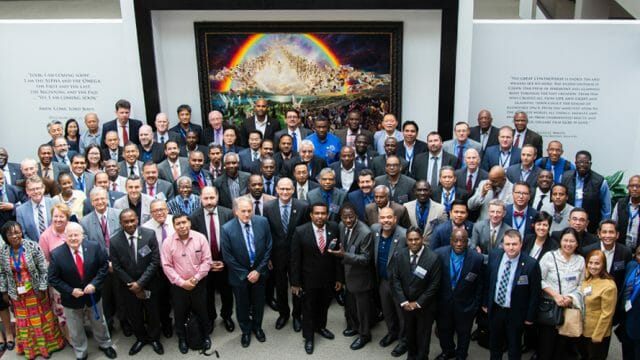U.S.-based Southern Adventist University creates a digital learning space to train Cuban pastors.
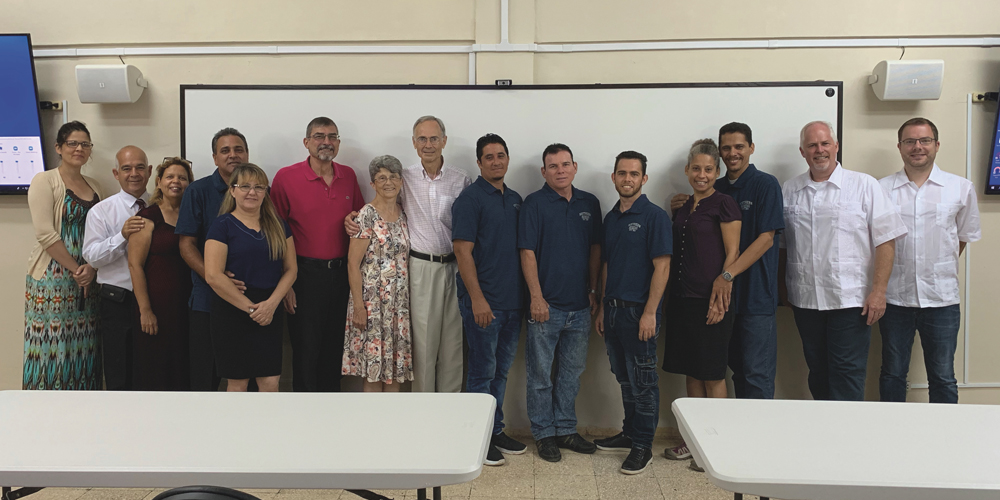
Southern Adventist University (SAU), a Seventh-day Adventist school in Collegedale, Tennessee, United States, helped the Cuba Adventist Theological Seminary become one of the most technologically advanced colleges in that country.
The U.S.-based school has recently created a distance education classroom with funds donated to the Collegedale Seventh-day Adventist Church, which will allow the seminary to offer three master’s degrees.
The school has been in need of additional Adventist academic professors. Since the Cuban government prohibits foreigners from entering the country to teach, the installation, which was carried out in August 2019, helps expand the reach and options offered by the seminary.
The idea originated while Elvis Hernandez, principal of the seminary, was attending SAU to study English. Hernandez invited David Smith, president of SAU, to speak for the seminary’s graduation. During Smith’s visit to Cuba, they discussed the potential of turning a storage room on campus into a distance education classroom.
Smith assigned the technological part of the project to Gary Sewell, associate vice president for Information Technology at SAU. Knowing little about the room, Sewell bought everything he thought the project might require, including cordless drills and screws.
“The amazing thing is that what we ordered was just enough for what we needed,” Sewell said. “God was in it from the beginning, and He just made it all happen.”
In addition to new equipment purchased using donor gifts, SAU donated other used technical components such as network switches, cameras to record church services, memory cards, and hard drives for existing servers. The equipment was installed by Sewell and Nick White, an audio-visual technician at SAU.
Sewell’s team spent nearly four hours with the maintenance staff at the seminary, explaining the inner workings of the system and answering questions throughout the two-day installation process.
“We wanted to make sure that they understand how it works and how to support it. If in the future they want to build another one, they can, because it’s a repeatable process,” Sewell said. “When we turned on the computer, they were just overjoyed. When my wife called in [for a video conference], you should have seen their faces. They loved it.”
Luis Amador, vice-principal for academic affairs for the seminary, told Sewell that when he was a student at the seminary 15 years earlier, he had sat in that exact room and prayed that God would use it for something special.
“I know that the administration, faculty, and staff at the seminary are delighted with the distance learning facility they now have,” Smith said. “And we are thrilled that Southern could support them. It has been an honor to help advance God’s agenda in this neighboring country.”
Distance classes are scheduled to begin in the spring semester of 2020.
The original version of this story was posted on the North American Division news site.



